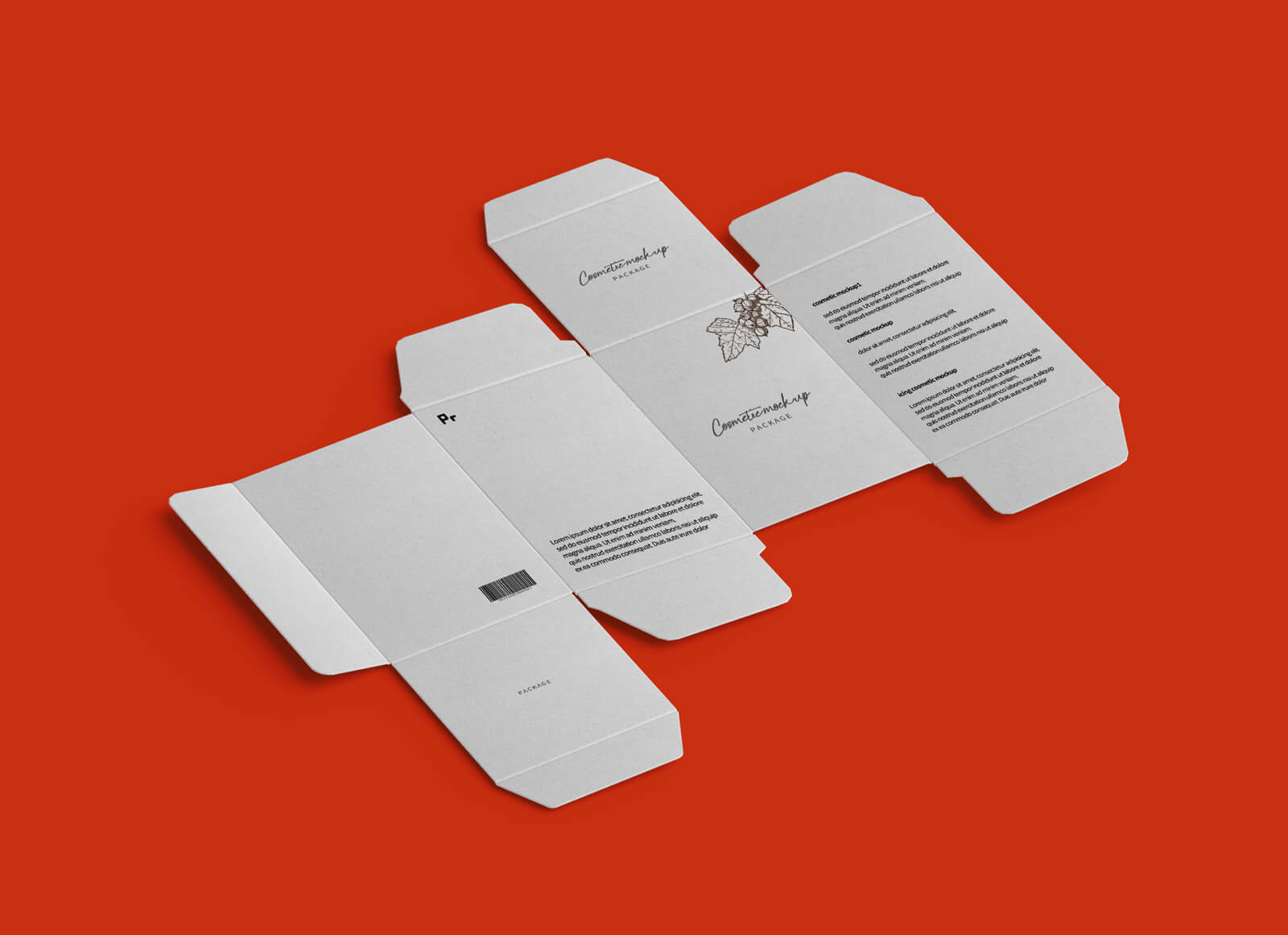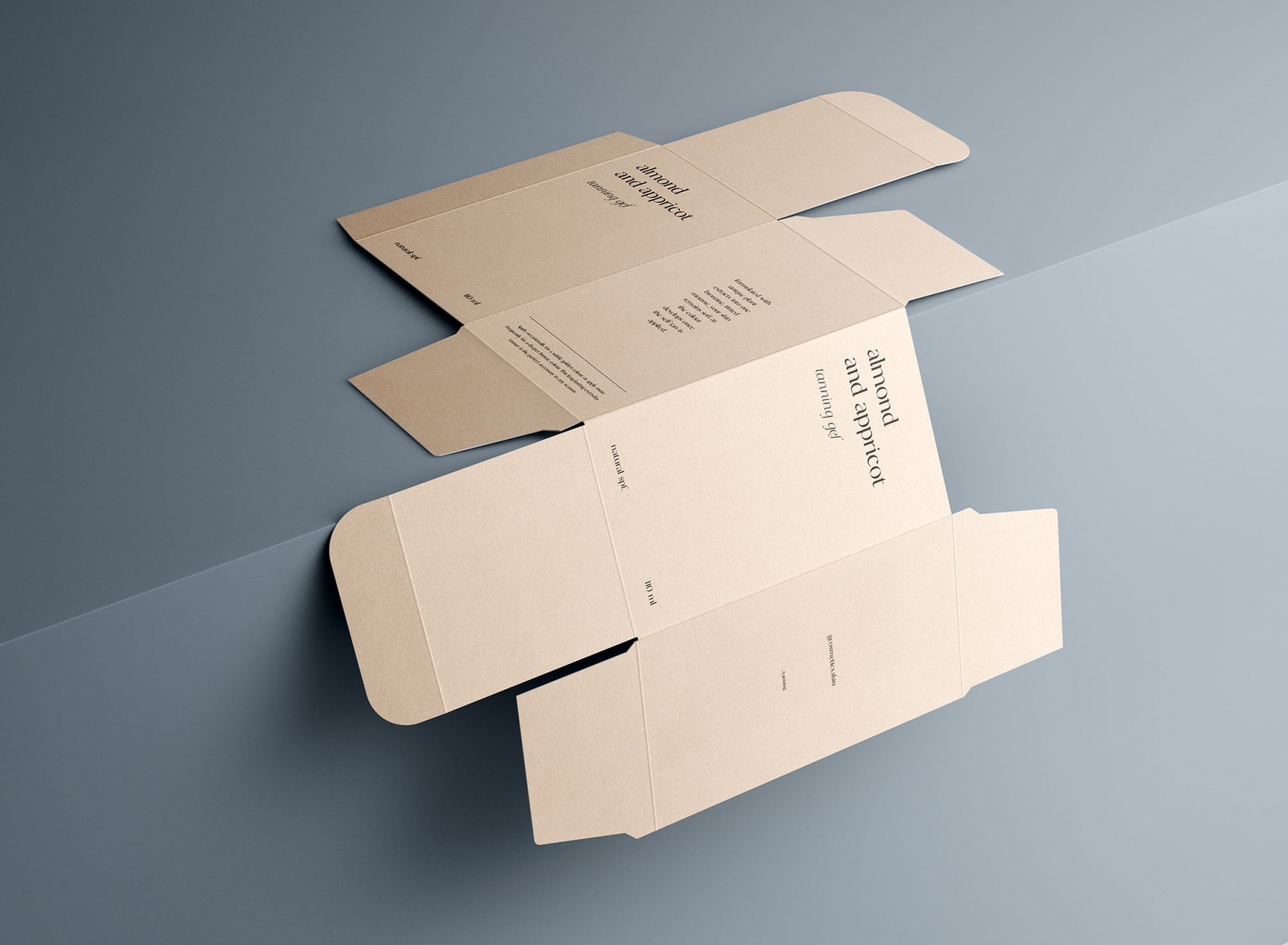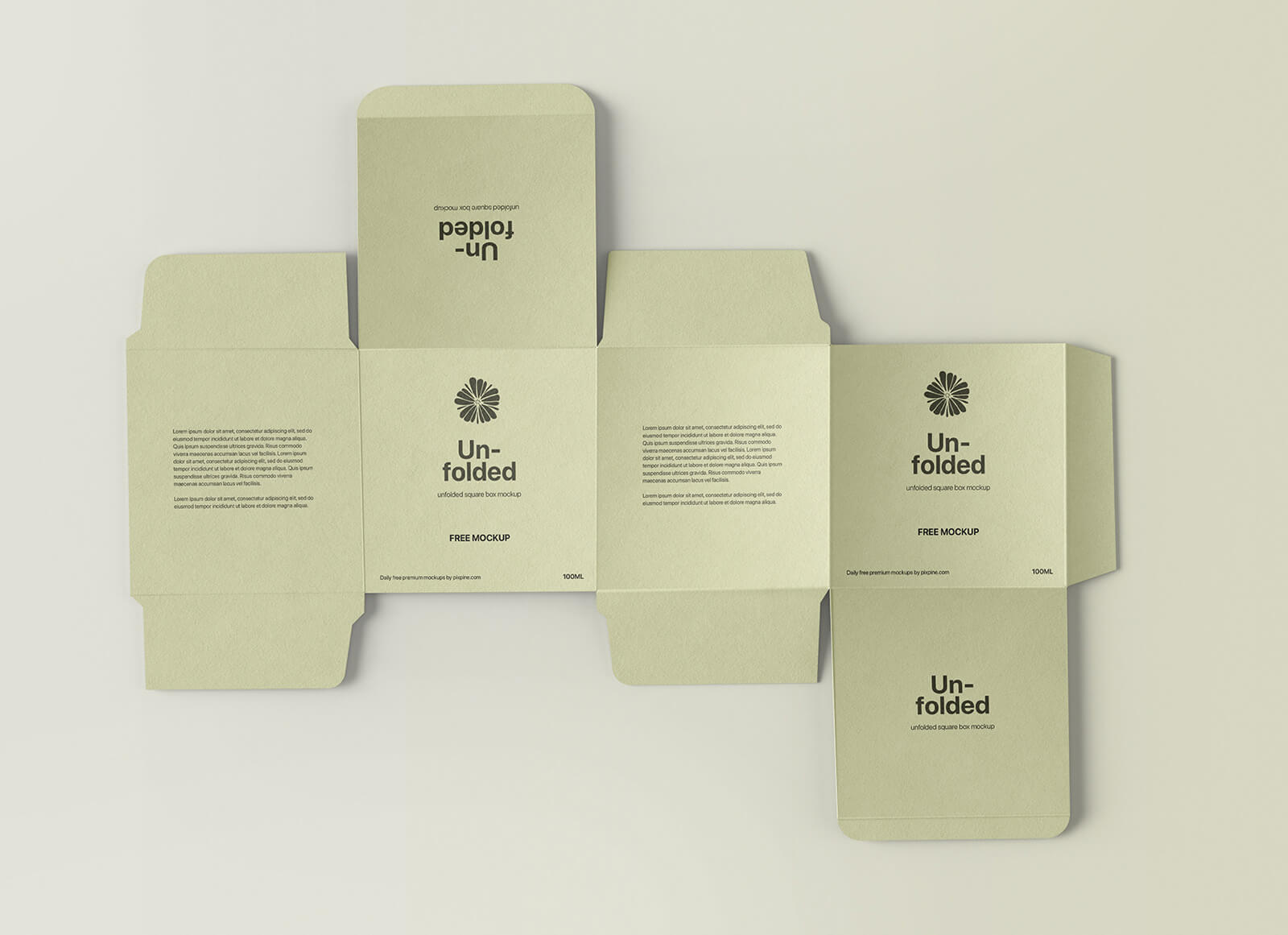The Ultimate Guide To Understanding Unfolded Proteins
What does "unfolded" mean?
The word "unfolded" is a verb that means to open or spread out something that has been folded. It can also be used figuratively to mean to reveal or disclose something that has been hidden.
For example, you might unfold a map to see where you are going, or you might unfold a story to tell someone what happened.
- Water Department San Angelo Texas
- Cancer And Aquarius
- John Lott Economist
- Southern Edison Outages
- Michael Jackson Home In Gary Indiana
The word "unfolded" can also be used to describe something that has happened gradually or over time. For example, you might say that a mystery unfolded over the course of a novel, or that a plan unfolded over the course of several years.
The word "unfolded" is a powerful word that can be used to describe a variety of different things. It is a versatile word that can be used in both literal and figurative senses.
Unfolded
The word "unfolded" can be used in a variety of contexts, and its meaning can vary depending on the part of speech. Here are six key aspects of the word "unfolded":
- What Does Adam Sandler S House Look Like
- New Movie Sam Elliott
- Price Of Gas At Bj S Wholesale
- Who Is Benjamin Netanyahu S Wife
- Who Played Virginia In Happy Gilmore
- As a verb, "unfolded" means to open or spread out something that has been folded.
- As a verb, "unfolded" can also mean to reveal or disclose something that has been hidden.
- As an adjective, "unfolded" can describe something that has happened gradually or over time.
- As an adjective, "unfolded" can also describe something that is open or spread out.
- As a noun, "unfoldment" can refer to the act of unfolding something.
- As a noun, "unfoldment" can also refer to something that has been unfolded, such as a story or a plan.
The word "unfolded" is a versatile word that can be used to describe a variety of different things. It is a powerful word that can be used to create vivid and memorable images in the reader's mind.
As a verb, "unfolded" means to open or spread out something that has been folded.
This definition of "unfolded" highlights its literal meaning, which involves physically opening or spreading out something that has been folded. This action can be applied to various objects and materials, such as paper, fabric, or even a map. By unfolding these items, we reveal their contents or make them more accessible for use.
- Unfolding a Map: When embarking on a journey, we often unfold a map to visualize the route and plan our course. This action allows us to see the bigger picture and make informed decisions about our travels.
- Unfolding a Piece of Fabric: Before sewing or crafting with fabric, it is often necessary to unfold it to remove any creases or wrinkles. This step ensures a smooth and even surface, which is essential for precise measurements and accurate cutting.
- Unfolding a Letter: Receiving a letter can be an exciting moment, and the act of unfolding it adds to the anticipation. As we gently open the letter, we reveal the written words and eagerly absorb the message.
- Unfolding a Surprise Gift: When receiving a gift, the unfolding process can heighten the element of surprise. As the layers of wrapping paper are carefully removed, the anticipation builds, culminating in the revelation of the gift itself.
In each of these examples, the act of unfolding serves a specific purpose, whether it's revealing information, preparing materials, or enhancing an experience. By understanding the literal meaning of "unfolded" as a verb, we gain a deeper appreciation for its practical applications in various contexts.
As a verb, "unfolded" can also mean to reveal or disclose something that has been hidden.
This definition of "unfolded" delves into its metaphorical meaning, highlighting its role in uncovering or bringing to light hidden information or secrets. Unlike its literal sense of physically unfolding something, this metaphorical usage involves a process of discovery and revelation.
Unveiling hidden truths or secrets can take various forms, and the act of "unfolding" aptly captures the gradual or sequential nature of this process. It suggests a journey of exploration, where pieces of information are gradually revealed, leading to a deeper understanding or a startling discovery.
In literature, authors often employ the concept of "unfolding" to build suspense and captivate readers. Mysteries and detective stories rely heavily on the gradual unfolding of clues and revelations, keeping readers engaged and eager to discover the truth. As each new piece of information is revealed, the plot thickens, and the mystery unfolds, leading to a thrilling climax and resolution.
Beyond the realm of fiction, the act of "unfolding" also holds significance in real-life scenarios. Investigative journalists, for instance, play a crucial role in uncovering hidden truths and exposing wrongdoing. Through meticulous research and the piecing together of evidence, they gradually unfold complex stories, shedding light on matters that may have been concealed from the public. Whistleblowers, too, often face the daunting task of unfolding hidden information, risking their own safety to reveal truths that need to be brought to light.
Understanding this metaphorical aspect of "unfolded" provides a deeper appreciation for its power in various contexts, from enhancing storytelling techniques to facilitating the discovery of hidden truths. It emphasizes the importance of seeking knowledge, uncovering secrets, and bringing to light information that may have been intentionally concealed.
As an adjective, "unfolded" can describe something that has happened gradually or over time.
The use of "unfolded" as an adjective adds a temporal dimension to its meaning. It allows us to describe events or processes that have occurred in a gradual or incremental manner, rather than suddenly or instantaneously.
- Unfolding Events:
In storytelling and historical narratives, the term "unfolding events" is often used to describe a sequence of events that occur over a period of time, gradually revealing the plot or shaping the characters' journeys. These events unfold in a logical and cohesive manner, building towards a climax or resolution. - Unfolding Process:
Many natural and scientific processes unfold over time. For example, the unfolding of a flower bud into a bloom is a gradual process that can take days or even weeks. Similarly, the erosion of a coastline by waves is an unfolding process that occurs over years or centuries. - Unfolding Mystery:
In detective fiction and crime thrillers, the unfolding mystery is a central element that keeps readers engaged. Clues are gradually revealed, and the mystery unfolds as the protagonist investigates, piecing together the evidence to uncover the truth. - Unfolding Transformation:
Personal growth and transformation often unfold over time. As we go through life experiences, our perspectives, values, and beliefs may gradually evolve and change. This unfolding transformation is a continuous process that shapes who we become.
Understanding the concept of "unfolded" as an adjective deepens our appreciation for the gradual and incremental nature of many events and processes. It highlights the importance of patience, observation, and recognizing the subtle changes that occur over time.
As an adjective, "unfolded" can also describe something that is open or spread out.
This usage of "unfolded" as an adjective highlights its descriptive quality, focusing on the physical state or appearance of something. When something is unfolded, it is no longer folded or closed but rather open and spread out, revealing its contents or surface area.
Consider a map that is unfolded. The act of unfolding the map transforms it from a compact, folded state to an open and spread-out state, allowing us to view the geographical details and plan our journey. Similarly, unfolding a blanket creates a wider surface area, providing more space to sit or lie down.
The understanding of "unfolded" as something that is open or spread out has practical significance in various fields. In architecture, for instance, architects may design buildings with unfolding elements, such as retractable roofs or sliding walls, to create flexible and adaptable spaces that can be adjusted to suit different needs and occasions.
In summary, the connection between "unfolded" as an adjective describing something open or spread out and the overall concept of "unfolded" lies in the notion of revealing, expanding, and making something accessible. Whether in a literal sense of physically unfolding an object or in a figurative sense of revealing hidden information or gradual processes, the term "unfolded" captures the essence of opening up, spreading out, and making something more visible or accessible.
As a noun, "unfoldment" can refer to the act of unfolding something.
The noun "unfoldment" holds a significant connection to the concept of "unfolded" by capturing the essence of the action or process of unfolding. It encompasses the idea of transitioning something from a folded or closed state to an open or spread-out state, revealing its contents or making it more accessible.
- Unfoldment as a Physical Action:
Unfoldment, in its most literal sense, refers to the physical act of unfolding something, such as a map, a piece of fabric, or a letter. This action involves carefully opening up the folded item, revealing its contents and making them accessible for use or viewing. - Unfoldment as a Metaphorical Process:
Beyond its literal meaning, unfoldment can also be used metaphorically to describe the gradual revelation or disclosure of something hidden or unknown. This metaphorical usage is prevalent in literature, where authors employ the concept of unfoldment to create suspense and captivate readers. Mysteries and detective stories often revolve around the gradual unfoldment of clues and secrets, building towards a thrilling climax. - Unfoldment as a Gradual Transformation:
Unfoldment can also refer to the gradual transformation or evolution of something over time. This can be applied to personal growth, societal changes, or even historical events. As time unfolds, new insights, perspectives, and developments emerge, shaping and reshaping our understanding of the world. - Unfoldment as a Creative Process:
In the realm of art and creativity, unfoldment can be seen as the process of bringing an idea or concept to life. Artists, musicians, and writers often describe their creative journey as an unfolding, where their initial inspiration gradually takes shape and evolves into a finished work.
In conclusion, the noun "unfoldment" captures the essence of the action, process, or transformation that is implied by the term "unfolded." It encompasses both the literal act of unfolding something and the broader metaphorical concepts of revealing, disclosing, and evolving over time. Understanding the connection between "unfoldment" and "unfolded" provides a deeper appreciation for the multifaceted nature of this term and its applications in various contexts.
As a noun, "unfoldment" can also refer to something that has been unfolded, such as a story or a plan.
The connection between "unfoldment" as a noun referring to something that has been unfolded and the broader concept of "unfolded" lies in the result or outcome of the unfolding process. When something is unfolded, it transitions from a folded or closed state to an open or spread-out state, revealing its contents or making it more accessible. This unfolded state is what is captured by the noun "unfoldment."
For instance, consider a story that is gradually revealed through a series of chapters or episodes. As the story unfolds, new details, plot twists, and character developments are introduced, building towards a climax and resolution. The "unfoldment" of the story refers to the entire sequence of events and revelations that make up the narrative. Similarly, the "unfoldment" of a plan involves the gradual execution of its various stages and components, leading to the achievement of the desired outcome.
Understanding this connection is crucial for appreciating the richness and complexity of the term "unfolded." It highlights the fact that the process of unfolding not only involves the act of opening or revealing something but also encompasses the resulting state or outcome of that process. This understanding is essential in various contexts, such as literature, where the unfoldment of a story or plot plays a central role in engaging readers and building suspense.
In conclusion, the noun "unfoldment" serves as a valuable tool for capturing the result or outcome of the unfolding process. It allows us to refer to something that has been unfolded, whether it be a physical object, a story, or a plan. This understanding deepens our appreciation for the multifaceted nature of "unfolded" and its applications in various fields.
Frequently Asked Questions about "Unfolded"
This section provides answers to some of the most frequently asked questions about the term "unfolded." These questions aim to address common concerns or misconceptions, offering clear and informative explanations.
Question 1: What does "unfolded" mean?
Answer: The term "unfolded" primarily refers to the action of opening or spreading out something that has been folded. It can also be used figuratively to describe the gradual revelation or disclosure of something hidden or unknown.
Question 2: How can "unfolded" be used as an adjective?
Answer: As an adjective, "unfolded" can describe something that has happened gradually or over time. It can also describe something that is open or spread out.
Question 3: What is the difference between "unfoldment" and "unfolded"?
Answer: "Unfoldment" is a noun that refers to the act or process of unfolding something. "Unfolded" is an adjective that describes something that has been unfolded or that is open or spread out.
Question 4: How is "unfolded" used in literature?
Answer: In literature, "unfolded" is often used to describe the gradual revelation of a story or plot. It can also be used to describe the development of a character or theme.
Question 5: What are some examples of "unfolded" in everyday life?
Answer: In everyday life, we encounter the term "unfolded" in various contexts. For instance, we unfold a map to plan a journey, unfold a piece of fabric to prepare for sewing, or unfold a letter to read its contents.
Question 6: How can I improve my understanding of "unfolded"?
Answer: To enhance your understanding of "unfolded," consider exploring its different parts of speech and how they contribute to its overall meaning. Pay attention to the contexts in which the term is used, both in literature and in everyday life. Additionally, seeking further information through reputable sources can deepen your knowledge.
In conclusion, understanding the nuances of "unfolded" allows us to appreciate its versatility and depth of meaning. Whether encountered as a verb, adjective, or noun, "unfolded" adds richness and clarity to our communication.
Transition to the next article section: The exploration of "unfolded" continues in the following section, where we delve deeper into its historical and cultural significance.
Unveiling the Nuances of "Unfolded"
Throughout this exploration, we have delved into the multifaceted nature of the term "unfolded." As a verb, it captures the act of opening or revealing something hidden. As an adjective, it describes gradual processes or open states. As a noun, it encompasses both the process and the result of unfolding.
The significance of "unfolded" extends beyond its literal meaning. It serves as a powerful tool for storytelling, allowing authors to gradually reveal plotlines and develop characters. In everyday life, it finds applications in various contexts, from unfolding a map to embarking on a journey to unfolding a letter to discover its message.
Through this comprehensive examination, we have gained a deeper understanding of "unfolded" and its diverse applications. May this knowledge enrich your vocabulary and enhance your ability to communicate effectively.
Article Recommendations
- Galaxy Riverside Ca
- Lisa Marie Presley With Twins
- New Movie Sam Elliott
- Pregnant Michelle Obama
- Michael Jackson Home In Gary Indiana



Detail Author:
- Name : Andreane Bergstrom
- Username : terry.isobel
- Email : karley09@kuphal.org
- Birthdate : 2006-08-05
- Address : 5127 McDermott Pine Goldnershire, MT 50632-6244
- Phone : (508) 275-4117
- Company : Champlin-Medhurst
- Job : Machinist
- Bio : Commodi ducimus necessitatibus reprehenderit incidunt saepe. Dolorem ea ratione facilis distinctio ducimus sit et et. Alias quas nemo inventore sunt. Fuga aut non ut non.
Socials
twitter:
- url : https://twitter.com/torphy2016
- username : torphy2016
- bio : Mollitia repellendus cumque doloribus veritatis et et error. Enim similique autem ex debitis. Aut error asperiores recusandae.
- followers : 852
- following : 835
linkedin:
- url : https://linkedin.com/in/edgar.torphy
- username : edgar.torphy
- bio : Fugit ratione molestias qui.
- followers : 3820
- following : 253
instagram:
- url : https://instagram.com/edgar.torphy
- username : edgar.torphy
- bio : Ut qui sint repellat atque modi perspiciatis. Non qui quam molestiae non quaerat sint qui quae.
- followers : 3030
- following : 1185